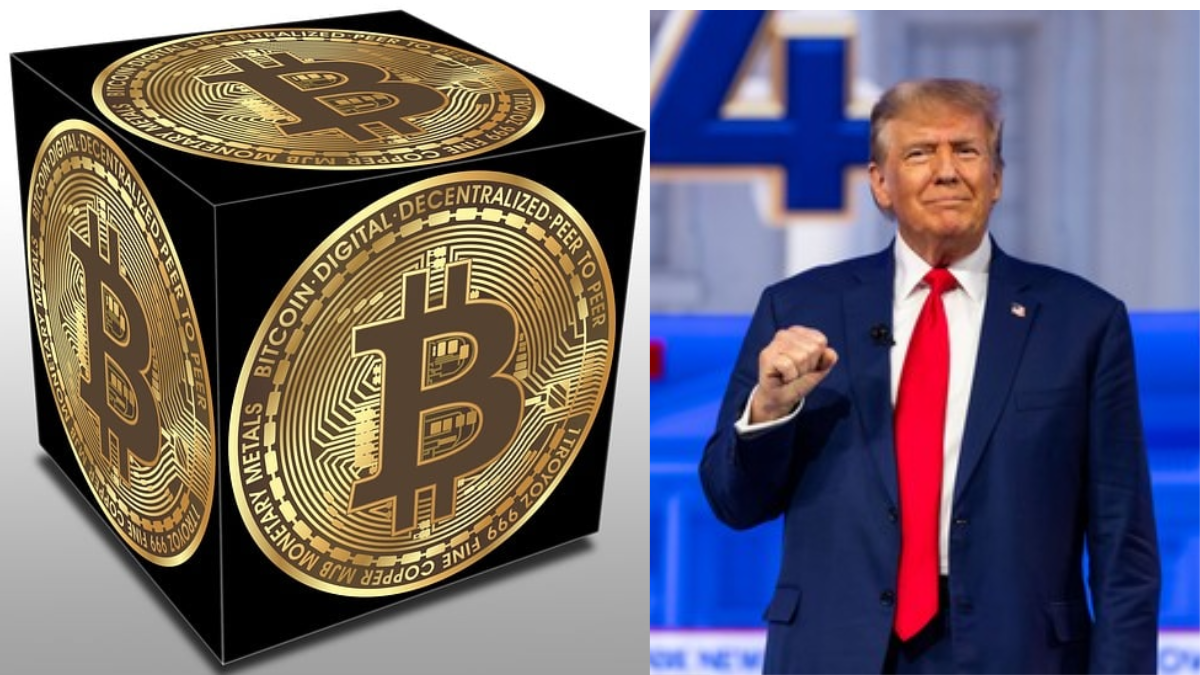
The U.S. Commodity Futures Trading Commission (CFTC) is undergoing a significant transformation under the leadership of Commissioner Caroline Pham, who recently assumed office as President Donald Trump returned to the White House. This reshuffle marks a turning point for cryptocurrency regulation in the U.S., as Pham replaces key officials from the previous administration and reshapes the agency’s priorities.
With the CFTC poised to play a more prominent role in crypto oversight, these leadership changes could have far-reaching implications for the industry. Here’s a detailed look at what’s happening and how it could affect the future of cryptocurrency regulation.
What Leadership Changes Did Caroline Pham Implement?
Key Staff Exits
Under Pham’s leadership, many senior officials from the prior administration have departed, including heads of critical divisions such as:
- General Counsel
- Enforcement
- Public Affairs
- Clearing and Risk
- Market Oversight
- Market Participants Divisions
- Office of International Affairs
- Legislative Affairs
These departures signal a sweeping shift in the agency’s approach to regulation, particularly in the crypto space.
Notable Appointments
Pham has appointed interim officials to fill the vacancies, drawing primarily from her existing commissioner office staff. Some notable appointments include:
- Harry Jung: Elevated to Acting Chief of Staff and tasked with leading the CFTC’s crypto engagement. Jung joined the agency in 2023 as a senior policy advisor to Pham.
- Meghan Tente: Appointed as the Acting General Counsel, the agency’s top legal official.
- Nicholas Elliot: Takes charge of the legislative office, a key role as Congress deliberates on a pivotal crypto bill.
- Briang Young: A Department of Justice veteran, now serving as the stand-in Enforcement Director, following his role as the CFTC’s whistleblower officer.
Why Are These Changes Significant for Crypto Regulation?
The CFTC is increasingly central to cryptocurrency oversight in the U.S., particularly as Congress works on a bill that could expand the agency’s authority in this space. The leadership changes under Pham suggest a potential shift in the agency’s regulatory focus and strategy.
Key Implications:
- Increased Crypto Engagement: With Harry Jung spearheading the CFTC’s crypto industry relations, the agency is likely to prioritize dialogue with stakeholders and address market challenges.
- Legislative Influence: The appointment of Nicholas Elliot to oversee legislative affairs indicates the CFTC’s active involvement in shaping future crypto regulations.
- Stronger Enforcement: Briang Young’s background with the Department of Justice signals a possible emphasis on rigorous enforcement actions in the crypto sector.
What Did Caroline Pham Say About These Changes?
In her statement, Pham expressed gratitude for the departing officials’ service while emphasizing her confidence in the new leadership team:
“I am pleased to announce CFTC leadership changes with the beginning of the new administration. I am grateful for their combined many decades of faithful service to the CFTC, and I appreciate our talented CFTC staff who will be assuming these roles on an interim basis.”
Her remarks suggest a focus on continuity and leveraging internal expertise while navigating the challenges of a rapidly evolving financial landscape.
FAQs
Who is Caroline Pham?
Caroline Pham is the Republican Commissioner of the U.S. Commodity Futures Trading Commission (CFTC), appointed by President Donald Trump.
What changes has Pham made to the CFTC’s leadership?
Pham has replaced several top officials, including heads of enforcement, public affairs, market oversight, and general counsel, with interim appointees from her office.
How will these changes affect crypto regulation?
The leadership overhaul suggests a stronger focus on crypto engagement, legislative collaboration, and enforcement actions, potentially impacting the industry’s regulatory landscape.
Who is leading the CFTC’s crypto engagement?
Harry Jung, previously a senior policy advisor to Pham, has been elevated to Acting Chief of Staff and will oversee the CFTC’s engagement with the crypto industry.
Why is the legislative affairs office important?
The legislative office plays a crucial role as Congress works on a crypto bill that could expand the CFTC’s authority, making it a key area for shaping future regulations.
What is the role of the new Acting Enforcement Director?
Briang Young, a former Department of Justice veteran, will lead enforcement efforts, signaling potential emphasis on stringent regulatory actions.
What does this mean for the crypto industry?
The changes indicate a more proactive stance by the CFTC in crypto oversight, likely focusing on stakeholder engagement, legislative influence, and enforcement.
How will the CFTC’s leadership changes affect Congress’ crypto bill?
With Pham’s appointees, the CFTC is expected to have a stronger voice in shaping the bill, potentially expanding its regulatory jurisdiction over digital assets.
Click here to know more.

